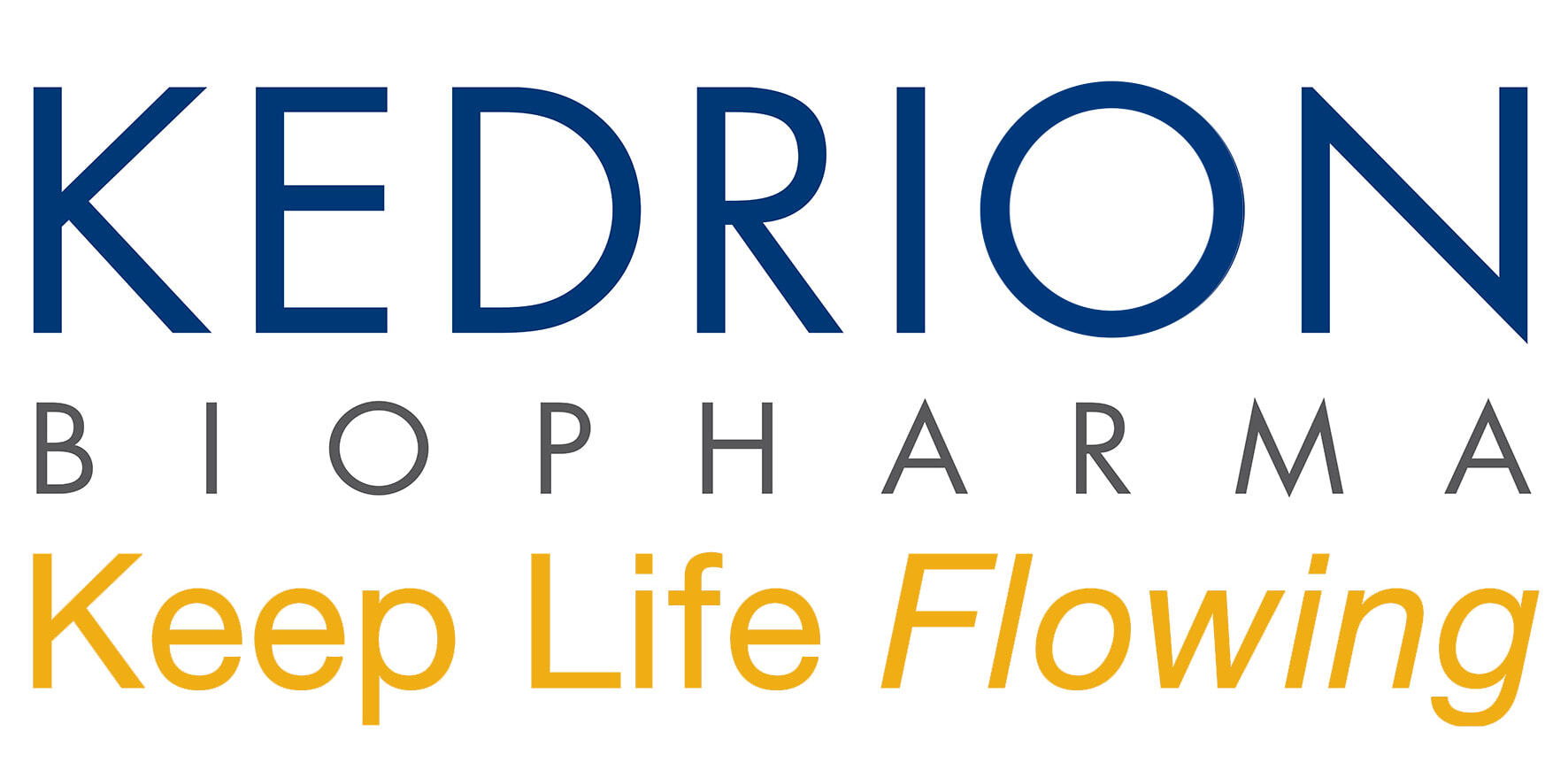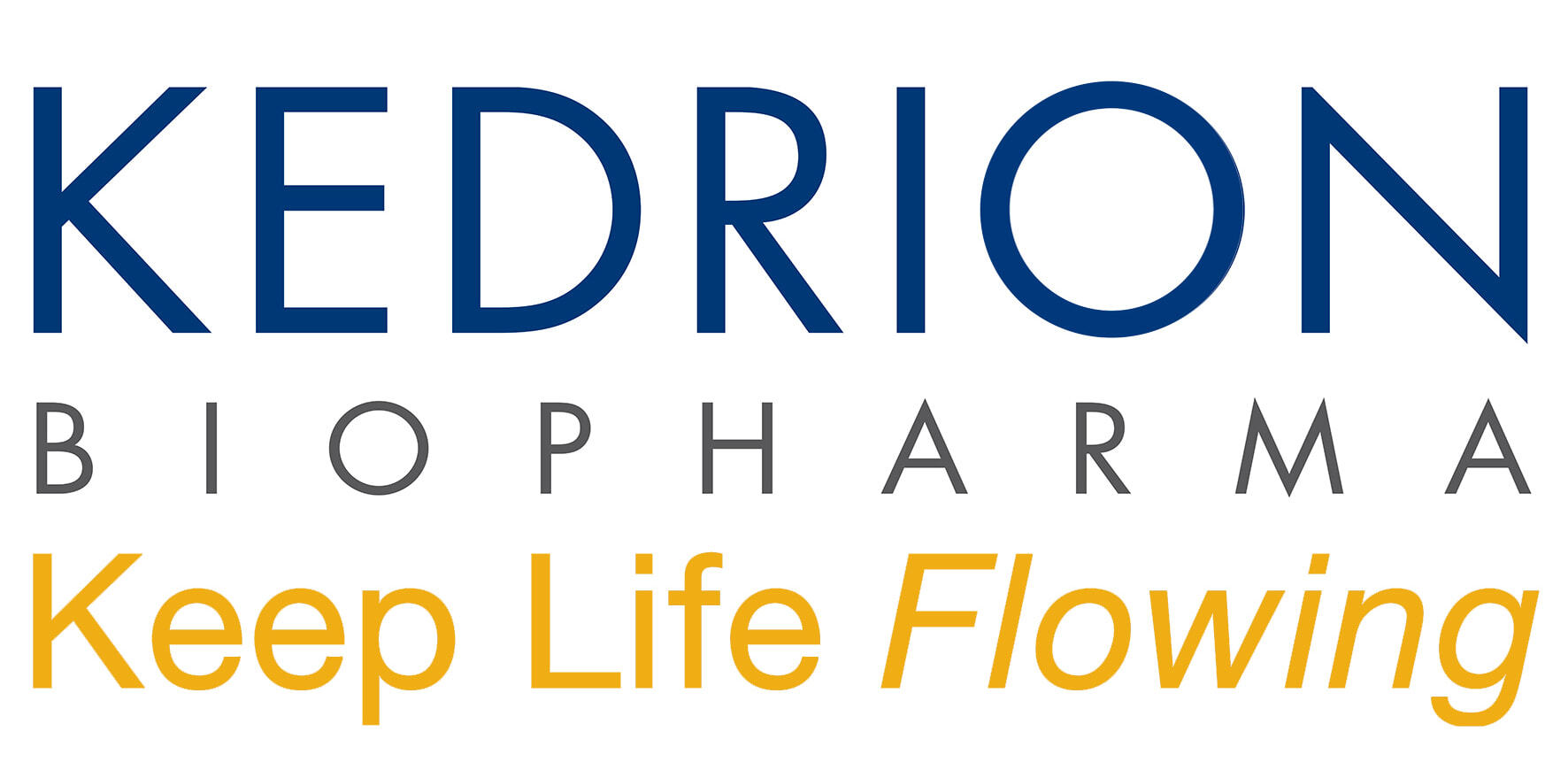On February 5, 2018, Columbia University Irving Medical Center (CUIMC) in New York hosted a day-long celebration of the 50th anniversary of Anti-D Immunoglobulins for the prevention of Rh sensitization. The event featured a distinguished panel of pioneering scientists and physicians, each of whom played a pivotal role in the development of these immunoglobulins, and the first woman in the world to deliver a healthy child thanks to this treatment.
In pregnant women who are Rh negative, Rh sensitization may lead to Hemolytic Disease of the Fetus and Newborn (HDFN), which is often fatal to a fetus or newborn1. It can also result in miscarriage, stillbirth, early post-natal death and life-long disabilities in surviving babies2.
Prior to 1968, approximately 10,000 infants succumbed to HDFN each year in the USA3. By the 1970s, routine antenatal care for mothers in the US and UK included screening of all expectant mothers to find those whose pregnancy may be at risk of HDFN, and giving preventative treatment accordingly. Such steps have led to a dramatic decrease in the incidence of HDFN in these geographies and others, and, in particular, in the number of severe cases of the type once responsible for stillbirth and neonatal death4. Today, few cases of HDFN due to anti-D are reported each year in the most developed countries, and anti-D immunoglobulin are considered the standard of care for its prevention across North America, Europe, and Australia the panel noted.
Though no longer considered a threat to unborn children in many countries, HDFN remains a dire public health issue in large parts of the world5: the February 5 panel members highlighted that in countries where effective protocols for the prevention of HDFN do not currently exist, as many as 14 percent of affected fetuses are stillborn and 50 percent of live births result in neonatal death or brain injury6.Although anti-D immunoglobulins are on the World Health Organization's List of Essential Medicines, the most effective and safe medicines needed in a health system7, many of the countries where this prophylaxis is most needed lack the appropriate healthcare delivery systems, appropriately skilled medical personnel, and the medical education and clinical training and other resources needed to enact such protocols. Participants in the February 5th Celebration also began mapping a global strategy to address this.
Kedrion Biopharma, which is a member of the CURhE Consortium – the global alliance of industry and academic partners for the eradication of HDFN – is proud to join Columbia University in celebrating 50 years of Anti-D. To mark this occasion, in 2018 the company will be promoting several international initiatives (including this one), for which a dedicated logo has been created.
During the February 5th event, CEO Paolo Marcucci was called to express the company’s commitment to driving efforts aimed at solving acute unmet needs for Rh immunization treatment in areas of the world where they still exist.
“Today marks an exciting milestone exemplifying the kind of tremendous advances that can be achieved for the betterment of our world when science, medicine, and industry join forces to solve complex healthcare challenges. We at Kedrion Biopharma are extremely proud of the contributions we have made in this regard. As it relates to hemolytic disease of the fetus and newborn, the view ahead should be bright for all women, their partners, and their families around the globe. We look forward to continuing to play a key role in bridging to that future, beginning right here and now, with the additional support and collaboration of like-minded partners around the world”, Paolo Marcucci concluded.
References
[1] https://en.wikipedia.org/wiki/Rho(D)_immune_globulin#External_links. Accessed 6 February, 2018
[2] http://www.stanfordchildrens.org/en/topic/default?id=hemolytic-disease-of-the-newborn-90-P02368. Accessed 8 February, 2018
[3] https://www.britannica.com/biography/William-Pollack. Accessed on 31 January, 2018.
[5] Indian Journal of Medical Research; Management of haemolytic disease of the foetus & newborn: Steps to improve the outcomes. https://www.ncbi.nlm.nih.gov/pmc/articles/PMC3767253/. Accessed 8 February, 2018
[7] https://en.wikipedia.org/wiki/WHO_Model_List_of_Essential_Medicines. Accessed 8 February, 2018.

